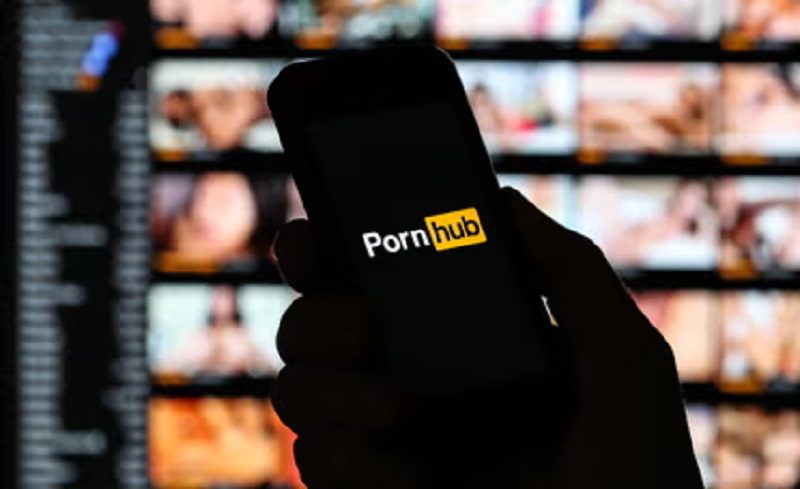The adult film industry has initiated a campaign titled “Hands Off My Porn” in response to fear among industry stakeholders that Republicans are planning to impose new restrictions on the availability of pornography. The driving force behind this concern stems from “Project 2025,” a strategy proposed by The Heritage Foundation, aiming to establish an anti-pornography agenda should Donald Trump return to the presidency. Despite Trump’s own disavowal of the project, the campaign group suggests that this $22 million plan unifies over 140 Trump-appointed officials and more than 100 conservative organizations in an effort to make pornography illegal. It is characterized as a comprehensive roadmap for a future Trump Administration, prioritizing the criminalization of adult content.
The campaign asserts that conservative leaders have taken a punitive stance against pornography, viewing it as a societal ill that correlates with various socio-political challenges, including the alleged harmful impacts of “transgender ideology” and the sexualization of children. It highlights the flawed reasoning of conservative figures who depict pornography’s creators as mere child predators and misogynists, ignoring the autonomy and agency of women within the adult industry. According to the campaign, individuals within this industry are empowered businesswomen who take pride in their work, contradicting the narrative pushed by conservative critics that fails to recognize their autonomy.
Specific Republican figures, such as J.D. Vance and Speaker of the House Mike Johnson, are targeted by the campaign for their vocal opposition to pornography. Vance, in particular, has been quoted emphasizing the relationship between pornography, abortion, and broader societal issues like loneliness and family formation. His comments reflect a philosophical perspective that views porn consumption as detrimental to interpersonal relationships and societal cohesion, contributing to an isolated generation. The campaign argues that this rhetoric is part of a larger conservative agenda that seeks to undermine the adult entertainment industry, effectively branding its proponents as dangerous figures in Washington.
Additionally, the campaign urges supporters to engage politically, encouraging contributions and voter registration to counteract what they perceive as encroachments on personal freedoms and sexual autonomy. While the narrative presented by the campaign paints a grim picture of impending legal restrictions, it acknowledges the complexity of the current political landscape. In reality, while many Republicans have taken a more hardline stance against pornography, there is limited evidence indicating a coordinated legislative effort to fully criminalize its production or consumption on a national scale.
Despite portraying conservatives’ anti-pornography sentiments as widespread and oppressive, the campaign delineates certain recent legislative moves on the state level that have indeed tightened regulations surrounding pornography. States like Utah and Arkansas have initiated laws aimed at safeguarding minors, mandating age verification for users accessing adult websites. Such actions indicate a shift towards greater control of online adult content rather than an outright ban, suggesting that the landscape of pornography regulation is evolving rather than outright hostile to its existence at this time.
In sum, the Hands Off My Porn campaign articulates a significant tension between the adult film industry and the evolving political sentiments surrounding pornography in America. While conservative figures advocate for ways to mitigate what they view as the negative societal impacts of adult content, the industry’s response underscores a commitment to advocating for personal liberties and the rights of individuals within the field. The differentiated views on the role and impact of pornography in society reveal an intricate and ongoing debate over ethics, agency, and individual freedoms in the face of legislative pressures.

